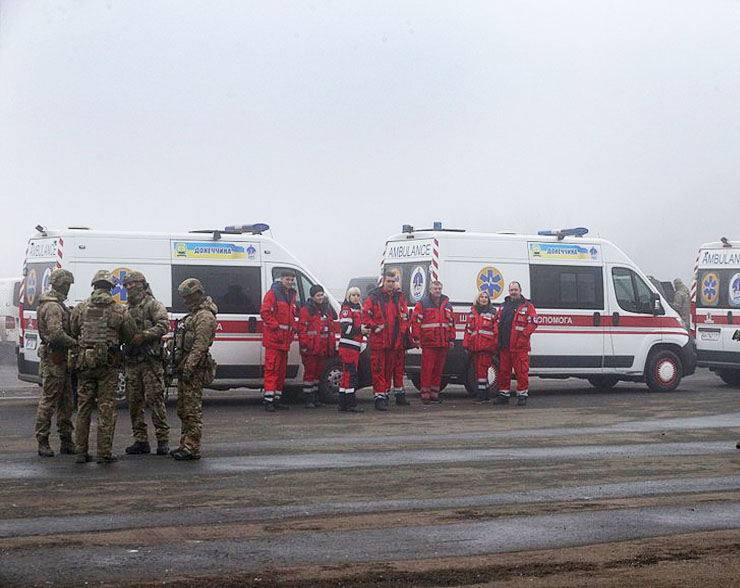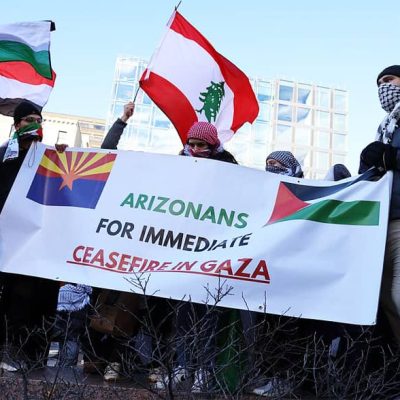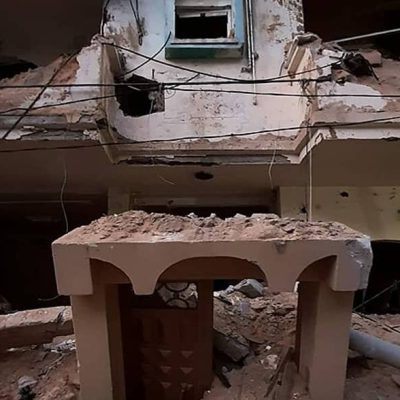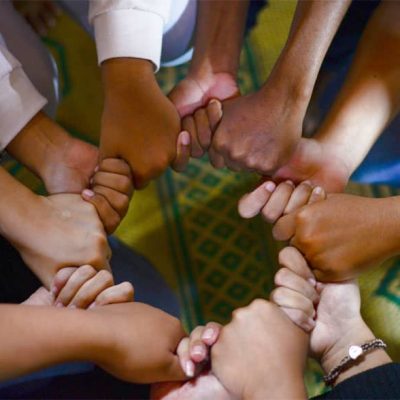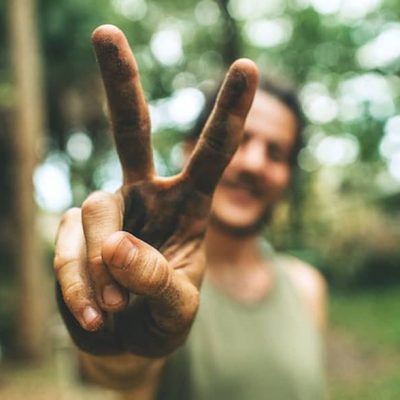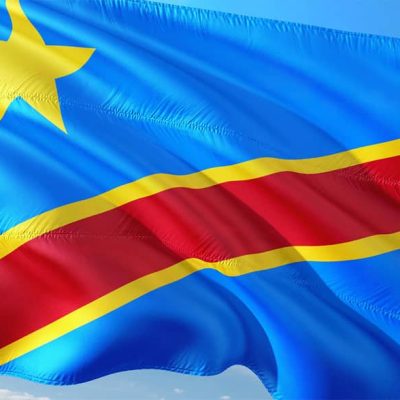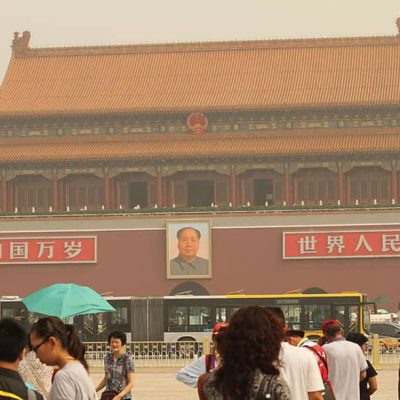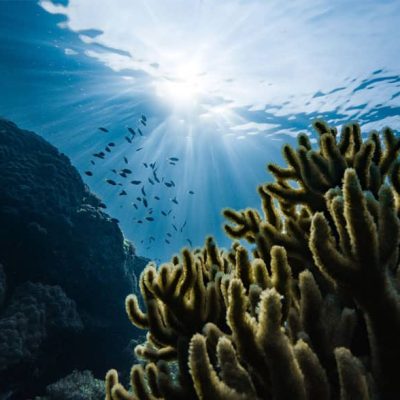 Appeals
Appeals
Dangers and Conflict Resolution Efforts in Moldova.
Featured Image: Official visit of the President of the Republic of Moldova Maia Sandu to Kyiv, January 12, 2021. Meeting with the President of Ukraine Volodymyr Zelenskyi. By President.gov.ua, CC BY 4.0 <https://creativecommons.org/licenses/by/4.0>, via Wikimedia Commons.
Recent statements by Russian military authorities; such as General Roustan Minnekaiev involved in the Ukraine conflict have drawn attention to what was often considered as a “frozen conflict” in Moldova. The situation of the Transnistrian region in Moldova has been considered as a frozen conflict due to its unresolved; but static condition since the violent confrontation in June 1992.
Transnistria is de facto independent with many state-like attibutes; and calls itself officially the Moldovian Republic of Dniestr. However; no other state, including the Russian Federation has recognized it as an independent state. There are, however; some 1500 Russian military permanently present in Transnistria. Transnistria had some 706, 000 inhabitants in 1991 at the time of the breakup of the Soviet Union.
Today, there are some 450,000 – probably less. Many, especially young people, have left to study or work abroad. Many in Transnistria have Russian passports in order to travel. The Transnistrian economy is in the hands of a small number of persons closely linked to the government.
There have been a number of negotiations between representatives of the government of Moldova; and those of the government of Transnistria; but which have led to no agreement as to a possible reintegration of Transnistria. Official negotiations have been complemented by Track II efforts; informal discussions in which members of civil society also participated. The newly elected, in November 2020; President of Moldova Ms Maia Sandu has been actively speaking of the reintegration of Transnistria into Moldova. Her position has been strongly supported by the government of Ukraine; which sees the parallel with their situation concerning the two People’s Republics: the People’s Republic of Donetsk and the People’s Republic of Luhansk.
Return of released citizens to the territory controlled by Ukraine, December 29, 2019. By President.gov.ua, CC BY 4.0 <https://creativecommons.org/licenses/by/4.0>, via Wikimedia Commons.
You might interest read: Vital Autonomy for the People’s Republic of Donetsk and the People’s Republic of Luhansk. The Way Ahead.
There is a danger that the frozen conflict of Moldova begins to melt. Russian military authorities involved in the Ukraine conflict have spoken of a possible creation of a land route between Crimea and Transnistria. In adddition; there have been recently a number of rocket attacks; possibly by Ukraining forces; on to Transnistria damaging radio-TV towers used by Russian broadcasting. While it is unlikely that the fighting in Ukraine spreads to Transnistria and Moldova; the situation must be closely watched and preventive discussions put into place.
Rene Wadlow, President, Association of World Citizens.

President, Association of World Citizens (AWC).
Estudied International relations in The University of Chicago.
Estudied Special Program in European Civilization en Princeton University
Here are other publications that may be of interest to you.
Burma’s Crumbling Junta
February first marked the anniversary of the military coup which overthrew the government of Aung San Suu Kyi in 2021. She was in practice the leader of the government but…
Preventing the Expansion of the Gaza Conflict: Are Peace Brigades a Possibility?
Antony Blinken, the U.S. Secretary of State, has been again in the Middle East working to prevent the violence of the Gaza Strip of spreading to much of the area. …
World Citizens Call for an Inmediate End to Hostilities between Israel and Hamas, and for a Genuine Peacebuilding Effort in the Middle East.
Featured image: The impact of the Israeli bombing on a civilian building in Gaza (2021). By Osama Eid, CC BY-SA 3.0 https://creativecommons.org/licenses/by-sa/3.0, via Wikimedia Commons. The AWC, a Nongovernmental Organization…
World Humanitarian Day: A Need for Common Actions.
Featured Image: Photo by Wylly Suhendra on Unsplash. The United Nations General Assembly has designated 19 August as “World Humanitarian Day” to pay tribute to aid workers in humanitarian service…
Peace Planners: Awake!.
Featured Image: Photo by Eddie Kopp, Unsplash. The recent NATO Summit in Vilnius is an indication that the war planning community is busy at work in the spirit of Von…
Track Two Efforts Needed to Reduce China-India Frontier Tensions.
Featured Image: Arunachal Pradesh – India. Photo by Unexplored Northeast, Unsplash. There has been a constant buildup of military forces by the governments of both India and China along their common frontiers. …
Democratic Republic of Congo: Sky Getting Darker.
Photo by jorono, Pixabay. The armed conflict in the eastern area of the Democratic Republic of Congo (RDC) on the frontier with Rwanda seems to be growing worse and is…
World Refugee Day.
June 20 is the United Nations (UN)-designated World Refugee Day; marking the signing in 1951 of the Convention on Refugees. The condition of refugees and migrants has become a “hot”…
4 June: Memories of Tiananmen Square.
4 June makes the security forces in China somewhat uneasy, especially in Hong Kong where, in the past, there were large memorial meetings tp remind people of 4 June 1989…
International Day of the Oceans.
Featured Image: Photo by Marek Okon, Unsplash. Progress on Asian Maritime Delimitations Needed. 8 June has been designated by the United Nations General Assembly as the International Day of the Oceans to…
